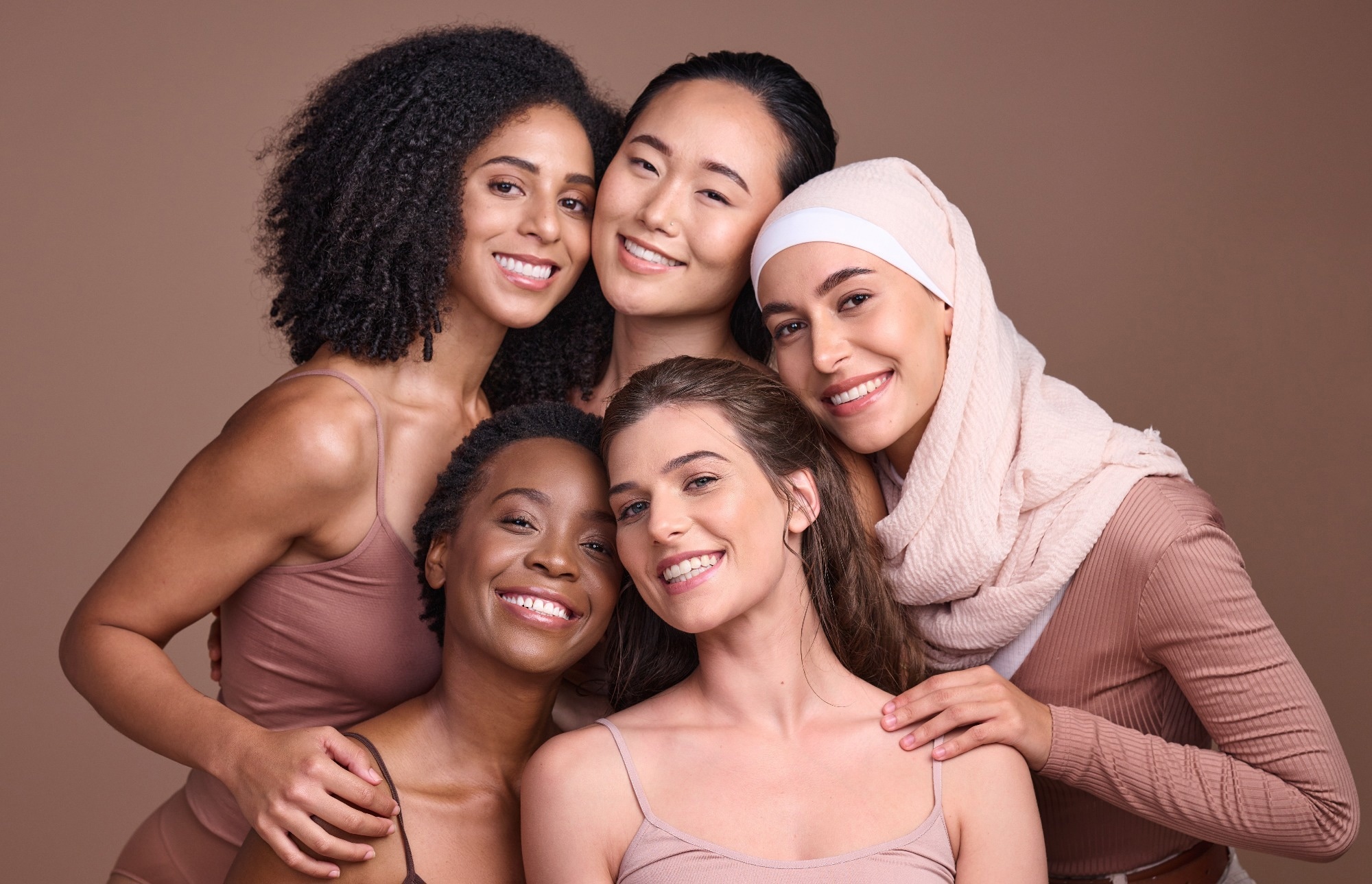In a current perspective piece revealed in Nature Drugs, researchers explored the potential of self-care interventions to enhance the well being and well-being of women and girls to advertise fairness, gender equality, and human rights.
 Research: Self-care interventions for ladies’s well being and well-being. Picture Credit score: PeopleImages.com – Yuri A/Shutterstock.com
Research: Self-care interventions for ladies’s well being and well-being. Picture Credit score: PeopleImages.com – Yuri A/Shutterstock.com
Background
Everybody has the suitable to good well being, however an estimated half of the worldwide inhabitants can not entry important healthcare companies.
Ladies are sometimes disproportionately affected, with many residing in poverty or past the attain of public well being programs, and thus unable to afford healthcare.
Those that have been displaced by battle or battle, stay with human immunodeficiency virus (HIV), are incarcerated or institutionalized, expertise homelessness, or belong to indigenous communities or different minority teams are notably weak.
Significance of self-care interventions
The coronavirus illness 2019 (COVID-19) pandemic demonstrated how prioritizing self-care intervention entry, together with the distribution of contraception with out the necessity for prescriptions or telehealth companies for pregnant individuals, may empower girls to take cost of their well being.
Whereas these interventions have been initiated throughout a worldwide disaster, specialists name for integration into routine healthcare to advertise girls’s well being and well-being inside supportive and protected enabling environments.
To this finish, the World Well being Group (WHO) has developed evidence-based world pointers emphasizing the significance of self-care interventions alongside facility-based healthcare companies throughout financial settings with detailed monitoring frameworks and indicators.
The constructing blocks of this technique are establishments, organizations, healthcare employees, and sources that come collectively to make sure monetary and social danger safety, responsive companies, improved effectivity, and equitable and higher well being outcomes.
Integration into conventional healthcare
Lengthy earlier than fashionable formal well being programs existed, individuals engaged in varied types of self-care to handle sickness or incapacity, preserve good well being, or forestall illness; they proceed to take action both by themselves or with the help of their households or well being employees.
Their practices range with context and are influenced by their social setting, company, and well being literacy, in addition to what data they’ve entry to.
Rising well being literacy can mobilize communities and enhance the company of residents to take cost of their well being.
Efficient self-care interventions strengthen well being companies that help communities all through the life course and tackle determinants of well being past healing care. That is performed by means of a people-centric strategy no matter whether or not individuals look after themselves or others.
Populations ought to be capable of entry related data and expertise, and interventions ought to be cheap and efficient. The well being workforce have to be educated to advertise self-care by means of capacity-building and competency-based coaching.
Some promising avenues for interventions are reproductive and sexual well being, psychological well being, power illness, and COVID-19. Noncommunicable ailments may be considerably lowered by self-care methods, together with train, low-sodium and heart-healthy diets, avoidance of weight problems, and never smoking.
Self-injectable contraceptives are one other cost-effective technique in distant, rural areas, as girls don’t have to journey to distant healthcare services and profit from elevated privateness and company; as soon as educated, they’ll apply this type of self-care with minimal help from suppliers.
Self-testing for HIV and different sexually transmitted infections has additionally allowed many ladies to study their standing and search out therapy.
Obstacles to efficient self-care
Guaranteeing that interventions improve entry amongst underserved communities and scale back inequity as an alternative of reinforcing present energy buildings is vital.
Totally different age teams could require completely different steering; for instance, older girls could have interacting circumstances, together with hypertension, diabetes, and arthritis, which every require distinct actions.
The prices of interventions to customers should even be thought of. If accessing an intervention includes out-of-pocket expenditures, effectivity, and fairness may be improved by instituting monetary safety or subsidy schemes.
Past the well being system, affordability can also be a problem. For instance, low-income moms could also be unable to afford more healthy diets in fiber, greens, and fruits. Menstrual administration additionally includes prices equivalent to buying menstrual cups, tampons, and pads.
As a result of insufficient promotion, feminine condoms haven’t been broadly used regardless of their demonstrated efficacy. In areas of Senegal, Nigeria, and India, data associated to emergency contraception is restricted, and plenty of respondents consider that prescriptions ought to be required to entry them.
Ladies’s healthcare selections proceed to be affected by social stigma, together with the blame and judgment younger girls face as a result of they’re sexually energetic, which can forestall them from accessing being pregnant assessments.
Equally, there’s a lack of expertise across the sexual well being of older girls, together with concerning menopause, which may result in stigma and suboptimal care. In the US, abortion entry has change into a politically charged problem.
Conclusions
Self-care interventions have the potential to disrupt and strengthen conventional healthcare programs, enhancing outcomes for ladies and different underserved populations.
They don’t seem to be supposed to interchange healthcare offered by means of services however moderately complement it. Nonetheless, care have to be taken to make sure these interventions scale back inequalities as an alternative of exacerbating them.
Journal reference:
-
Self-care interventions for ladies’s well being and well-being. Narasimhan, M., Hargreaves, J.R., Logie, C.H., Abdool-Karim, Q., Aujla, M., Hopkins, J., Cowl, J., Sentumbwe-Mugisa, O., Maleche, A., Gilmore, Ok. Nature Drugs (2024). https://doi.org/10.1038/s41591-024-02844-8. https://www.nature.com/articles/s41591-024-02844-8
